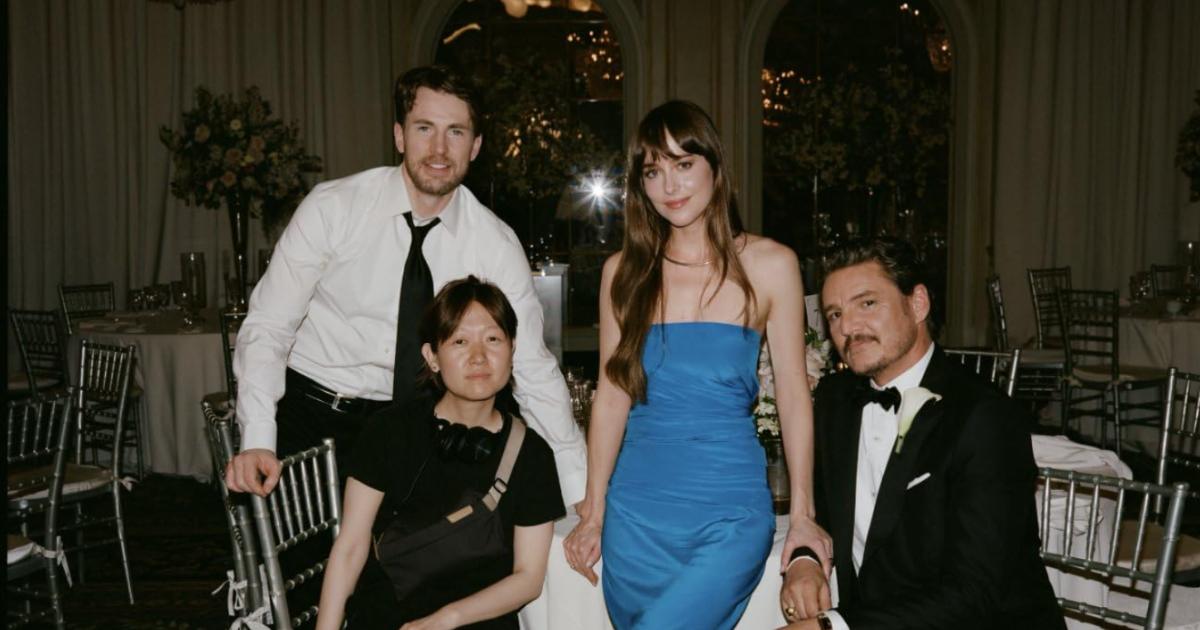The Journey to Finding the Right Partner
Finding the right relationship can feel like navigating a maze, especially when you’re looking to be with someone whose deeper values, aspirations, and lifestyle are compatible with your own. It’s not about settling or rushing; it’s about finding the right partner who clicks with your values, goals, and the way you live your life.
You’re setting out on an adventure to find your dream partner—someone who just gets you. But what are the qualities you should be looking for? This guide will walk you through how to identify and prioritize the qualities that matter most to you.
1. Reflect on Past Relationships
Your dating history is a treasure trove of insight. It holds valuable lessons about what works for you in a relationship and what doesn’t. Understanding your previous relationships can help identify patterns, lessons, and areas for personal growth. This self-awareness ensures you don’t repeat mistakes and helps you recognize what truly works for you.
- Positive Patterns: Think about the moments in past relationships when you felt happiest, most supported, or truly loved. What qualities or behaviors in your partner contributed to those feelings? Was it their empathy, sense of humor, or shared interests?
- Negative Patterns: Conversely, reflect on the traits or behaviors that caused stress, frustration, or dissatisfaction. Did poor communication, lack of commitment, or incompatible values lead to problems?
By examining these patterns, you can develop a clearer picture of what you want to seek and what to avoid in future relationships. For example, if you’ve consistently felt undervalued in relationships, you might prioritize finding a partner who actively demonstrates appreciation and respect.

2. Define Your Core Values
Shared values form the foundation of lasting relationships. A truly compatible partner will share and support your core values. These are the principles that guide your decisions and define what matters most in your life. By clarifying your core beliefs, you align your search with someone whose principles and priorities complement yours.
Start by asking yourself:
- What do I care about most (e.g., family, career, personal growth, spirituality)?
- What kind of lifestyle do I envision (e.g., urban or rural living, an active social life, or quiet evenings at home)?
- How do I want to spend my time (e.g., pursuing hobbies, traveling, community involvement)?
For example, if community service is a cornerstone of your life, you may want a partner who also values giving back. If personal growth is a priority, a partner who shares a commitment to self-improvement could be a great fit.

3. Consider Emotional and Personality Traits
Beyond shared values, emotional and personality traits often play a significant role in long-term compatibility and happiness. Emotional compatibility and personality alignment are crucial for fostering connection, empathy, and mutual understanding. These traits influence how well you’ll navigate challenges together.
- Essential Traits: What characteristics are essential for your emotional well-being? These might include kindness, humor, ambition, or adventurousness.
- Emotional Stability: Healthy relationships thrive when both partners possess emotional maturity. Consider how important traits like good communication, empathy, or conflict resolution skills are to you.
- Shared Curiosity and Growth: If you’re someone who loves learning and exploring new ideas, you might value a partner with intellectual curiosity.
As you evaluate these traits, think about how they align with your personality. If you’re an introvert, for example, you might feel more comfortable with someone who respects your need for solitude while still fostering deep connection.

4. Identify Your “Non-Negotiables”
Your “non-negotiables” are the qualities that you absolutely need in a partner, as well as the deal-breakers you can’t overlook. Knowing what you absolutely need or cannot tolerate in a partner prevents settling for less and ensures you remain true to yourself. Clear boundaries set the stage for a healthy partnership.
- Must-Haves: These are essential green flags for a happy, healthy relationship. They might include shared life goals, mutual respect, emotional availability, or a commitment to personal growth.
- Deal-Breakers: These are traits or behaviors that would make a relationship unsustainable. Examples include dishonesty, lack of ambition, or incompatible views on major topics such as marriage, children, or religion.
Being clear about your non-negotiables can help you avoid wasting time on relationships that are unlikely to fulfill you in the long run.

5. Think About How You Want to Feel in the Relationship
Sometimes, identifying what you want in a partner goes beyond a checklist of qualities—it’s about the experience of being with them. Envisioning the emotions you want to experience, such as safety, joy, or support, can guide your choices and ensure the relationship meets your emotional needs.
Ask yourself:
- How do I want to feel in a relationship? Secure? Valued? Inspired?
- Do I thrive with someone who challenges me in a healthy, motivating way?
- Do I want a relationship that feels calm and steady, or one that’s adventurous and dynamic?
Imagining the way you want to feel can provide powerful insights. For instance, if you’re seeking a sense of security and understanding, look for a partner who is reliable, attentive, and emotionally available. If you’re looking for spontaneity and excitement, then a partner who is full of energy might be a great fit for you.

6. Get Feedback from Trusted People
Sometimes, those closest to us can offer valuable perspectives on our dating patterns and preferences. Input from loved ones can also highlight red flags you might overlook. Their observations can balance emotional bias during your search.
- Friends and Family: Talk to people who know you well and have seen your relationships unfold. They may notice recurring patterns or qualities you might not have considered.
- Constructive Feedback: Be open to honest, constructive feedback. Someone might point out that you often prioritize superficial traits over deeper compatibility or that you overlook certain red flags.
Of course, the final decision is yours. Use their input as a supplement to your own reflection, not a substitute.

7. Be Open to Unexpected Matches
Sometimes, the best connections come from unexpected places. Embracing flexibility allows you to explore possibilities beyond your initial expectations, leading to surprising and fulfilling partnerships. While clarity about your preferences is essential, it’s equally important to remain open to the unexpected.
- Surprises Can Be Positive: You might discover that a quality you never considered—like a passion for art or an interest in environmental activism—adds an unexpected richness to the relationship.
- Flexibility with Non-Essentials: While non-negotiables are important, some preferences might be more flexible than you initially thought. For example, you might prefer a partner who enjoys the same hobbies, but meeting someone with different interests could introduce you to new experiences.
Staying curious and open-minded can help you avoid dismissing potential partners prematurely while ensuring you remain true to your core needs.

Don’t Just Find the Right Partner, BE the Right Partner
To find the right partner, you need to focus on becoming the right partner first. This means taking time to think about your own strengths and areas where you can improve.
Ask yourself: Are you someone who listens with empathy? Do you handle challenges with grace and resilience? By building a strong sense of self, practicing kindness, and investing in your own well-being, you set the stage for attracting a partner who mirrors these qualities.
Doing this not only makes you happier but also creates the foundation for a healthier, more fulfilling relationship. Ways you can support your journey to becoming a great partner include:
- Journaling: Writing down your thoughts can help clarify your feelings. Create lists for your must-haves, deal-breakers, and ideal emotional experiences.
- Therapy or Coaching: A relationship coach or therapist can guide you through deeper self-reflection and help you identify patterns.
- Take Your Time: Self-discovery is a process. Allow yourself the space to refine your understanding over time.
- Focus on Growth: Remember that no one is perfect, including yourself. Look for someone who is willing to grow with you, rather than expecting a flawless partner.
Discovering what you truly want in a partner isn’t just about finding someone who meets a list of criteria—it’s about aligning with someone who complements your values, personality, and vision for the future. By reflecting on your past, defining your priorities, and staying open to growth and unexpected possibilities, you can approach the journey with clarity and confidence.
With intentionality and self-awareness, you’ll be well-equipped to build a meaningful and lasting connection.









